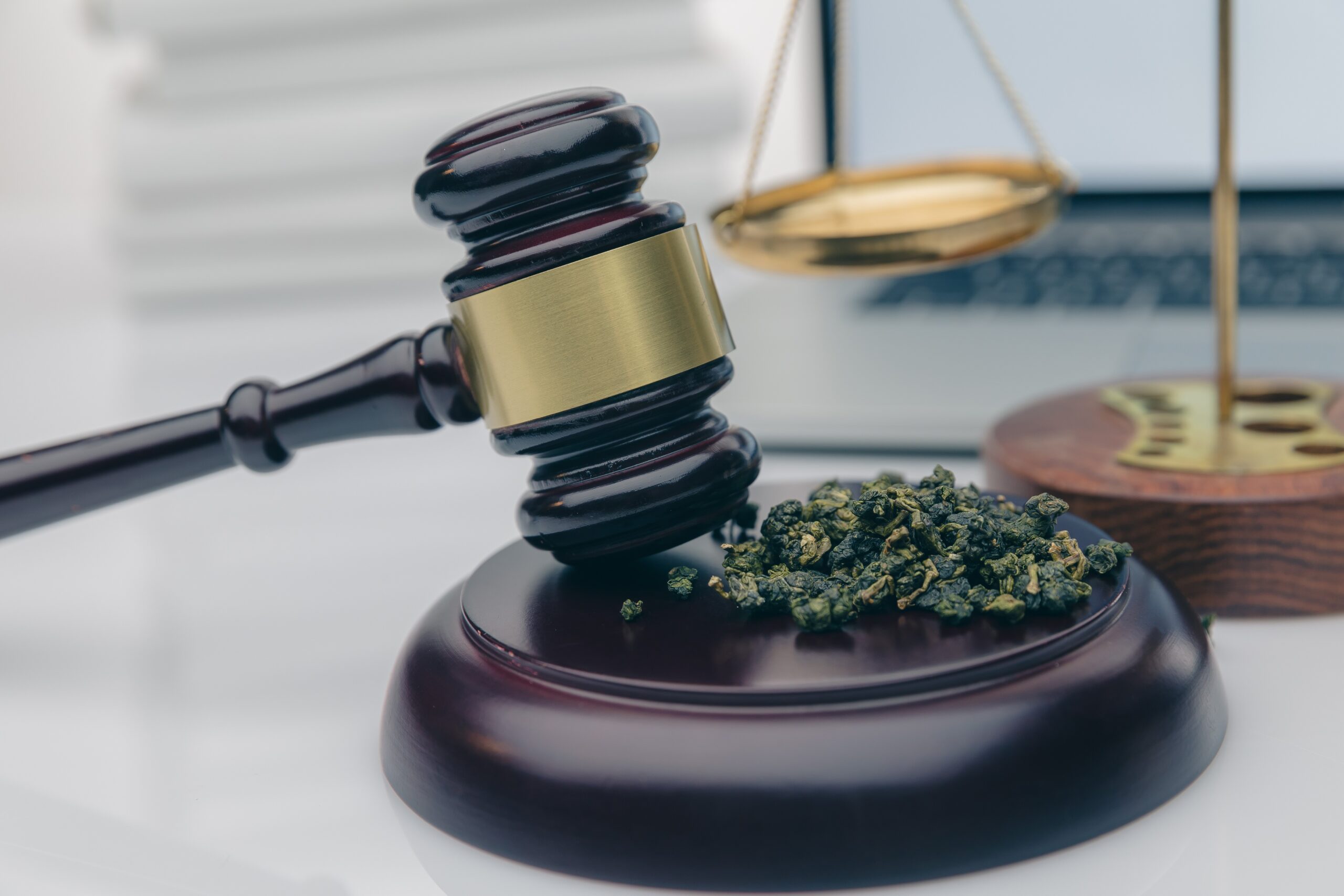Federal Regulations for the Cannabis Industry
Currently, more than half of Americans believe that marijuana should be legalized. However, under federal law, marijuana is still illegal. As political attitudes continue to shift, many financial experts have recognized the growing popularity and economic opportunity of the cannabis industry. In fact, the U.S. legal marijuana industry was estimated at $13.6 billion in 2019 and has only continued to grow since then. Additionally, New Frontier Data estimates that the full legalization of marijuana could potentially bring in 1.63 million new jobs by 2025.

Conflicting Federal and State Laws
As of 2021, there are 13 states where recreational marijuana is legal. Additionally, there are 18 more states where marijuana use is decriminalized. More than that, with a doctor’s prescription, the medical use of marijuana is legal in 36 states. Following the current trend, more states will likely decriminalize the substance, as more than half of American’s believe it should be legalized.
However, on the federal level, marijuana is still illegal. This law was set in the controlled substances act of 1970, in which cannabis is categorized as a Schedule 1 substance, along with drugs like heroin and cocaine, making it illegal for recreational and medical use.
Political Reform for Cannabis
With democratic control in the House of Representatives and the Senate, many Americans are hopeful to see a change the legalization of marijuana on the federal level. President Joe Biden has advocated for the complete decimalization of marijuana. Additionally, vice president Kamala Harris was one of the cosponsors of a bill called the Marijuana Justice Act, introduced by Senator Cory Booker, with the goal to federally legalize cannabis.
There have been other laws in attempt to federally legalize marijuana as well. In May of 2021, Representative Jerrold Nadler reintroduced the Marijuana Opportunity, Reinvestment and Expungement Act, also known as the MORE ACT to the House. In fact, this bill passed in the House of Representatives, as the representatives voted to federally decriminalized cannabis and remove it from the Controlled Substances Act. The bill did not advance in the Senate, but it was the first time and half a century that a chamber in Congress voted to end the federal prohibition.1
Because cannabis remains illegal on the federal level, there is no countrywide regulation on the cannabis industry. However, as more and more Americans continue to advocate for the full legalization of marijuana, and the industry continues to have a major impact on the American economy, the federal stance on marijuana may begin to budge.
